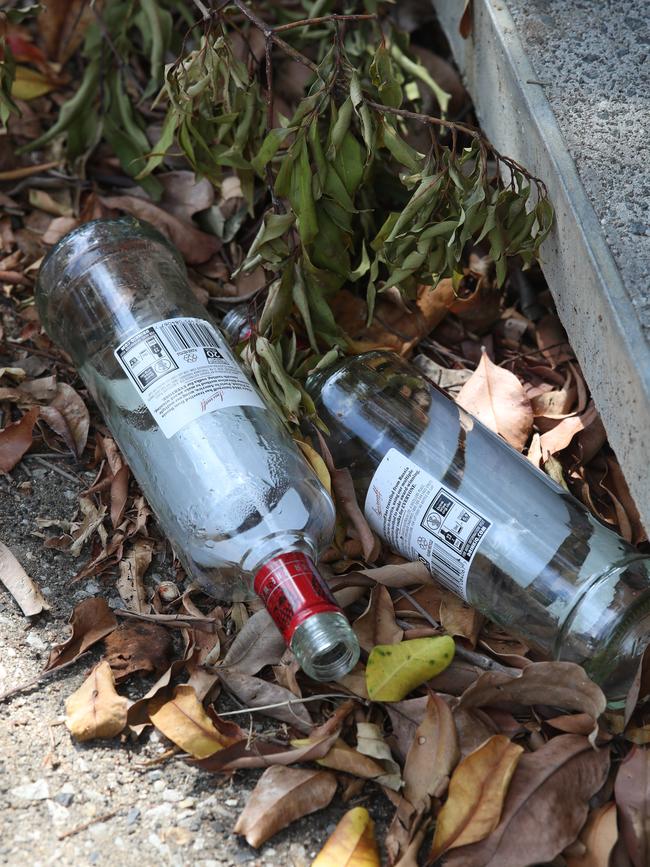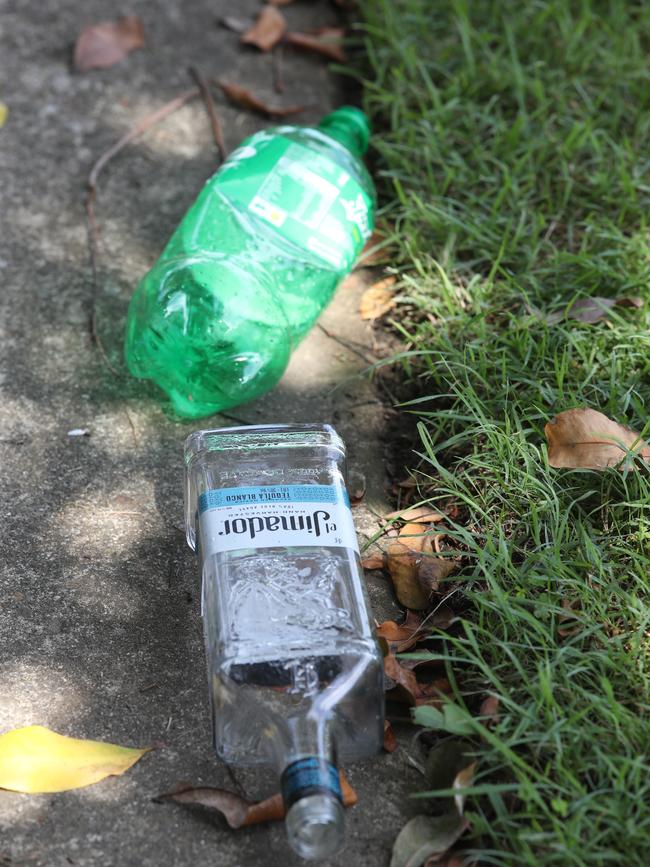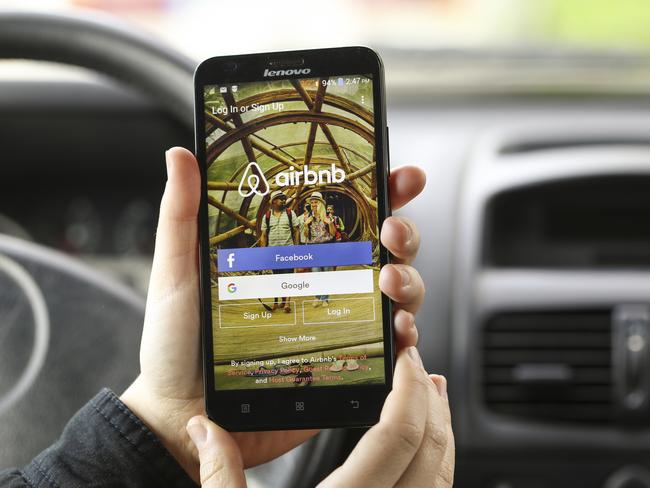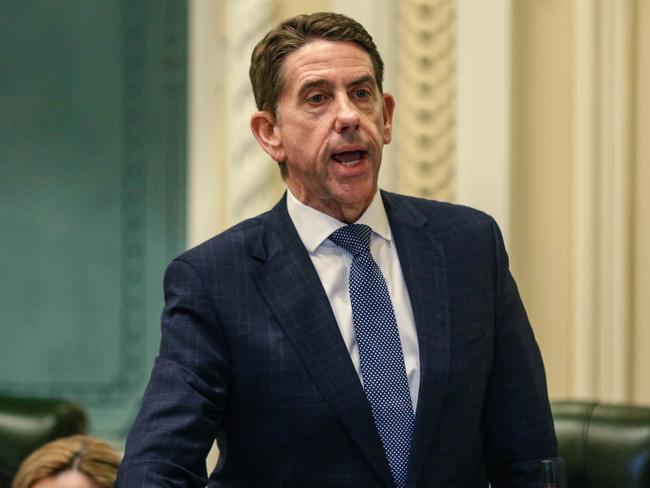Case mounts for crackdown on short-term letting amid Gold Coast’s rental crisis
Short-term letting has never been so popular on the Gold Coast – but it’s coming at a cost. Here’s why.
Opinion
Don't miss out on the headlines from Opinion. Followed categories will be added to My News.
Who would want to have been a resident of Osmium Lane in Hope Island on Saturday?
It’s a small street, with just over a dozen homes, just off Sickle Avenue.
It’s normally a quiet family area. But not last Saturday, when hordes of young men allegedly brawled, threw vodka bottles into gardens and urinated on the street.
Police eventually brought order, making four arrests as they shut down the wild party.
But not before neighbours had been treated to disturbing scenes.
It appears this was the outcome of a party at a property that was being used for short-term letting.


The unrest in Hope Island was typical of what people in many central Gold Coast suburbs have been dealing with for years.
But now, thanks to the popularity of Airbnb and similar services, the party homes are increasingly also found in the suburbs. At a time when long-term rentals have never been harder to find.
This column last year investigated the history of dozens of properties listed on short-term letting sites. Many had previously been part of the long-term rental market.
Increasingly, calls are being made to crack down on the practice.
Australian Resident Accommodation Managers Association (ARAMA) CEO Trevor Rawnsley says suburban family homes are now being used as holiday letting and party houses because governments have been seduced into allowing it under the guise of the ‘sharing economy’.
“There is nothing sharing about it,” he said.
“Taking houses in the suburbs away from the long-term residential housing rental market at a time of a housing crisis is extremely selfish.”

Mr Rawnsley would like to see detached houses banned from the holiday and short-term rental market, and laws eased to make it easier for landlords to instead let them out as long-term rentals.
“The data reveals that there were 251,000 short-term rental properties registered across Australia in September 2022, and most of these are empty most of the time,” he said.
The reality is, while nobody wants to live near a house used for short-term letting, plenty of people want to own one.
With the potential to earn thousands each week, without the hassle and cost of meeting the rules and regulations around long-term letting, the returns are just too good.

The state government continues to search for ways to ease the pain for renters.
Yesterday Treasurer Cameron Dick announced it will offer huge tax concessions to developers who construct build-to-rent schemes that include affordable housing.
This is a huge step forward and should be applauded.
Another good step would be to better regulate the short-term rental sector.
In NSW there is a 180-day cap on the number of nights a property can be listed for short-term rental, lowering the potential returns for owners and thus reducing the gap with what they can earn from taking on long-term tenants.
Something similar would surely be good news on the Gold Coast. Not just for the many people desperately trying to find a rental, but for neighbours coping with the disruption caused when parties take place at properties listed on sites like Airbnb.




